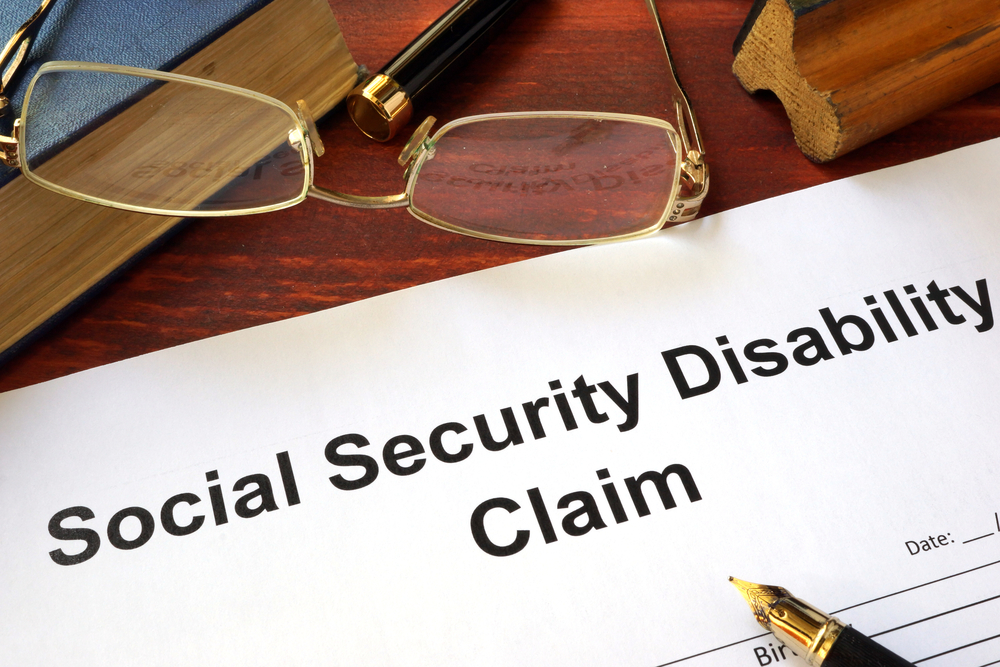Are you contemplating filing for Social Security Disability benefits and wonder if other forms of assistance you may be receiving might hurt your eligibility chances? We will look at a few types of assistance and explore the effect each may have on your SSDI application.
Unemployment Benefits
Officially the Social Security Administration (SSA) says that receiving unemployment benefits does not specifically affect SSDI eligibility. However, it is possible that SSA officials who examine your claim may view the fact that you are drawing unemployment benefits as a declaration that you believe you are capable of working in the near future as unemployment rules say you must be actively searching for a new job. This belief in your future work capability could conflict with how the SSA defines disability and cause problems with your claim.
Worker’s Compensation Benefits
Receiving worker’s compensation benefits does not affect your eligibility for SSDI. Yet, it must be noted that the amount of worker’s compensation you receive can affect the amount of SSDI you will receive. According to SSA rules, if the combination of your worker’s compensation and SSDI benefits would exceed 80% of the amount you earned while fully employed, then the excess would be deducted from your SSDI benefits.
Veterans Administration Benefits
VA compensation benefits will not affect your eligibility for SSDI nor affect the amount of SSDI you could receive. However, it must be noted that just because you receive VA compensation benefits it does not mean you will qualify for SSDI benefits. These two programs are administered by different government agencies and have different qualifying requirements. It should also be noted that if you are receiving a VA pension the amount of your pension could be reduced if you begin receiving SSDI benefits.
Pension Payments
Getting pension payments does not impact your eligibility for SSDI. Whether or not the pension you receive is from employment earnings which were subject to Social Security taxes will affect the amount of SSDI you receive, though.
Private Disability Insurance
SSDI eligibility is not affected by having private long-term disability insurance. That being said you should know that if you do receive SSDI benefits your long-term disability payments may be reduced by the amount of SSDI you receive. This reduction is subject to the terms of your long-term disability policy. Many long-term disability insurance companies require a recipient to also file for SSDI and retain the right to reduce what they pay out if the recipient receives SSDI. In addition, they may require the recipient to reimburse them for the difference paid out from the time SSDI was filed and awarded. Essentially they would receive a portion of the back pay you may get from SSDI.
Understanding the impact of other benefits on your ability to receive SSDI can be overwhelming. Contact one of Brock & Stout’s experienced attorneys today for help understanding your situation.

